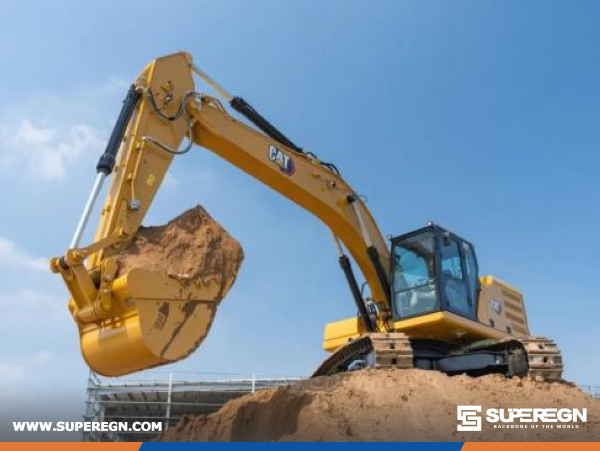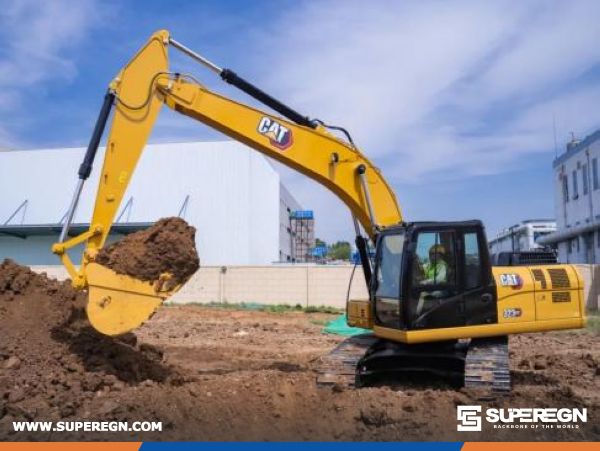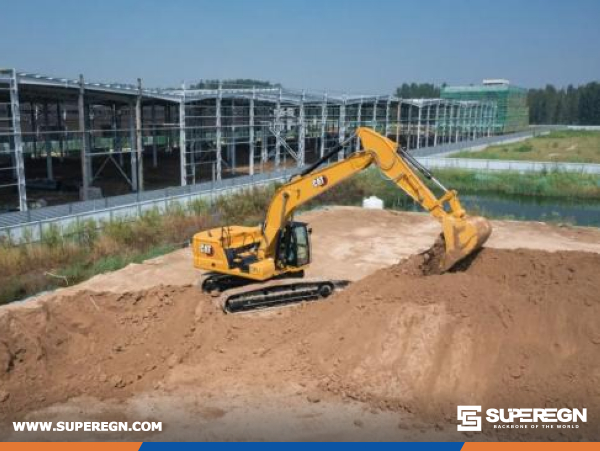The Fujian Meteorological Observatory raised the "Heavy Rain Warning" to Level I at 8 a.m. on July 25, 2024, and continued to issue a "Typhoon Warning Level I". It is expected that Typhoon "Gemi" will pass through Taiwan Island and complete a secondary landing in the area between Xiupu in Fujian Province and Lianjiang in Fujian Province in the afternoon to evening of the same day. Fujian, Zhejiang and other places will face the onslaught of strong winds and heavy rains. In order to ensure the safety of excavators in typhoons, the following are some important evasive strategies.

Early Warning and Preparation
Monitoring weather forecasts and typhoon warning information is the first step. Before the typhoon arrives, thorough preparations must be made. Choosing a suitable parking location is crucial. The excavator should be parked on higher ground, flat, open land and away from areas where objects may fall or be flooded. Places near trees, billboards, steep slopes, rivers and other similar locations should be avoided.

Storage and Securing Measures
In order to ensure that the excavator is not blown or knocked over by strong winds, it needs to be secured to a sturdy object using ropes or chains. At the same time, the excavator's boom, arm and bucket should be fully lowered and pressed against the body to reduce the wind-exposed area. Closing windows and electrical systems is also a necessary step to ensure the sealing of the excavator and prevent water intrusion and short circuits.
Before the typhoon arrives, it is also necessary to check the fuel tank and water tank and ensure that the fuel tank is full and the water tank is full. This can prevent the situation of insufficient fuel or coolant needed in an emergency after the typhoon. At the same time, transfer important documents, tools, and easily damaged parts of the excavator to a safe place to prevent damage or loss caused by the typhoon.
Typhoon Post-Passage Inspection and Maintenance
During the typhoon, if possible, regular inspections should be conducted on the parked excavator to detect and address potential problems in a timely manner. After the typhoon, a comprehensive inspection of the excavator is needed, including the appearance, structure, electrical system, hydraulic system, etc., to ensure that there is no damage or malfunction before use.
In summary, by taking precautionary measures, such as early warning and preparation, appropriate storage and fixing methods, and typhoon post-passage inspection and maintenance, the "iron giant" excavator can be effectively protected during typhoons. These secrets not only help reduce economic losses caused by typhoons, but also ensure that the excavator can quickly resume normal operation after the disaster.















